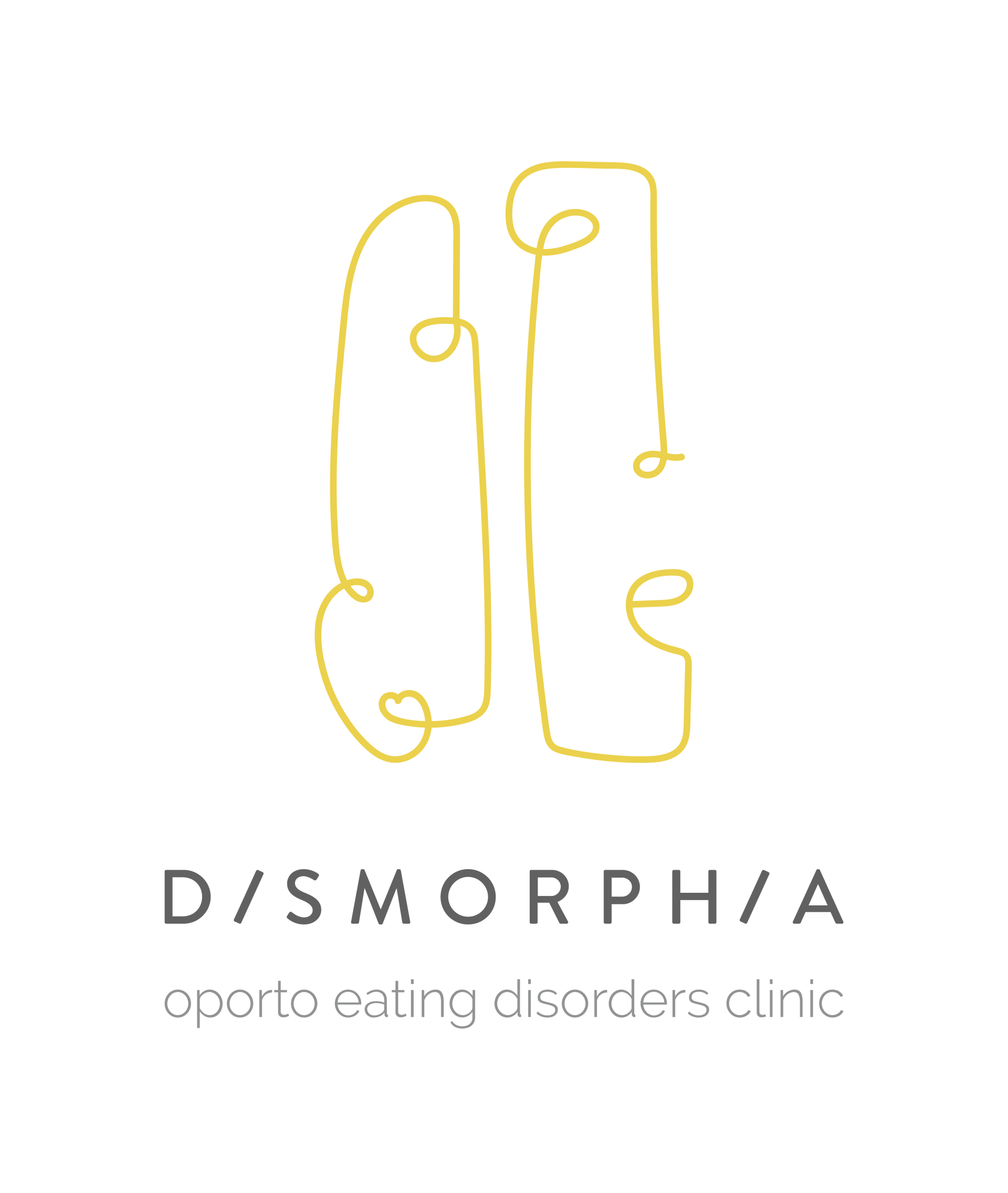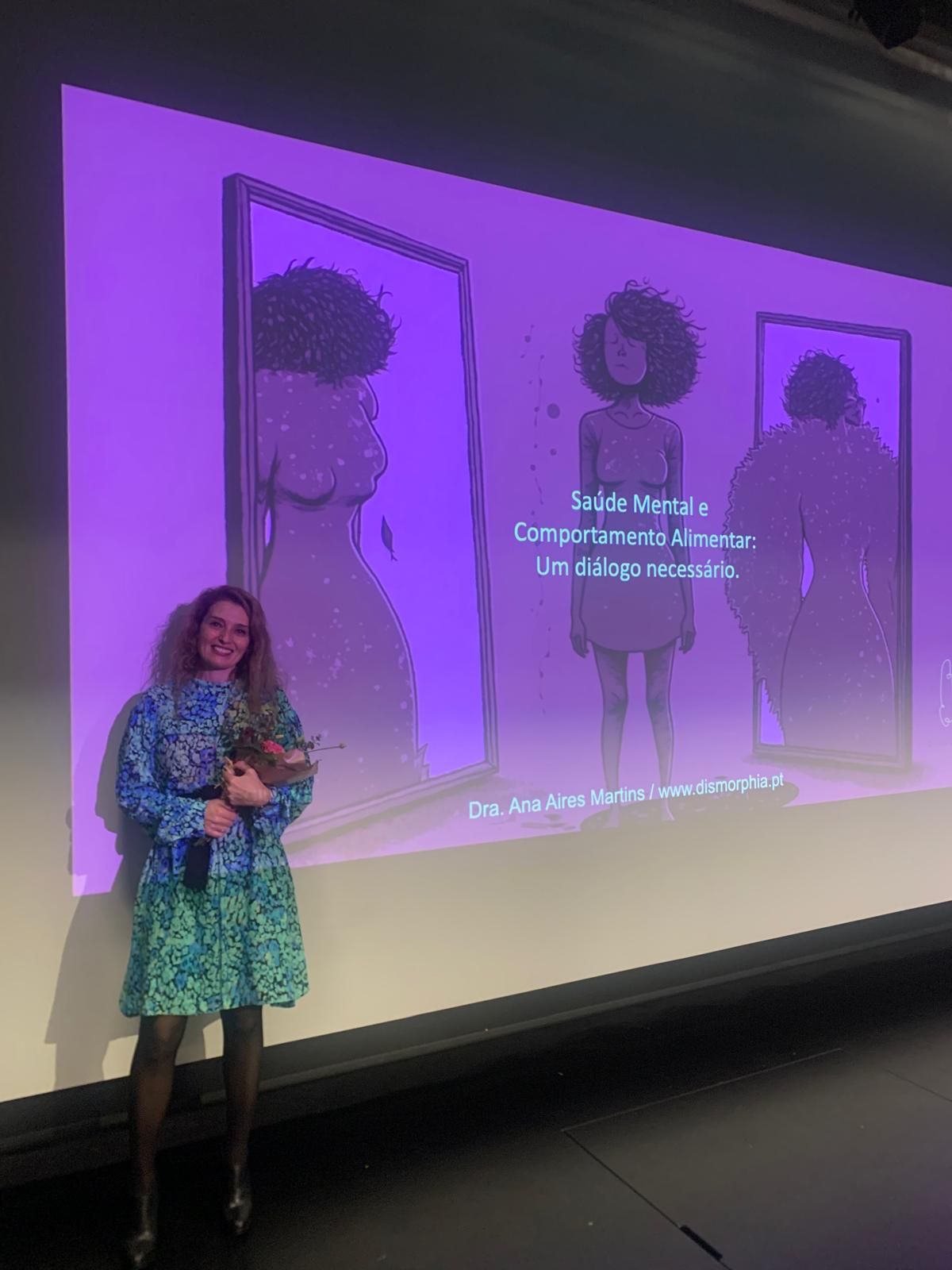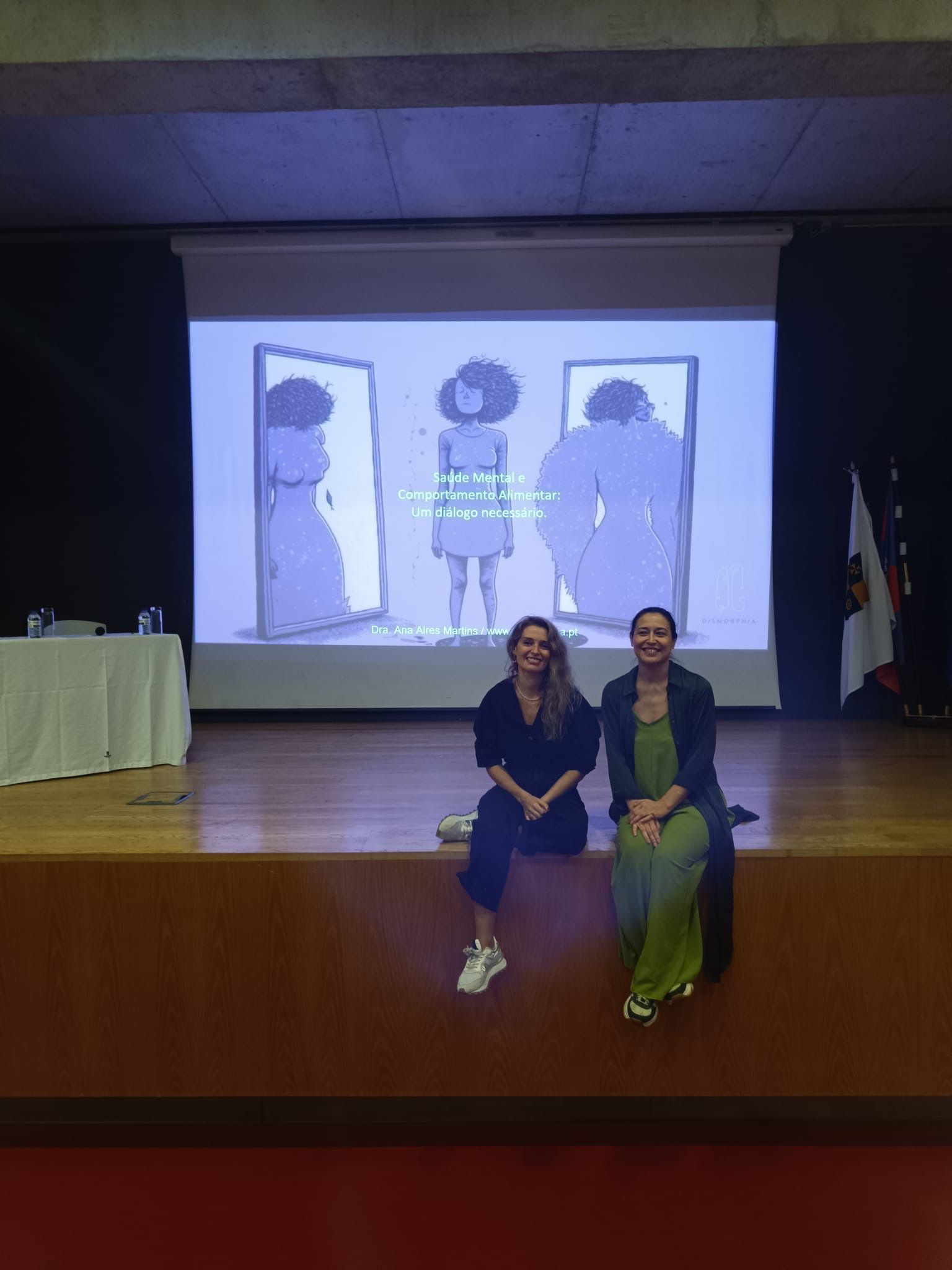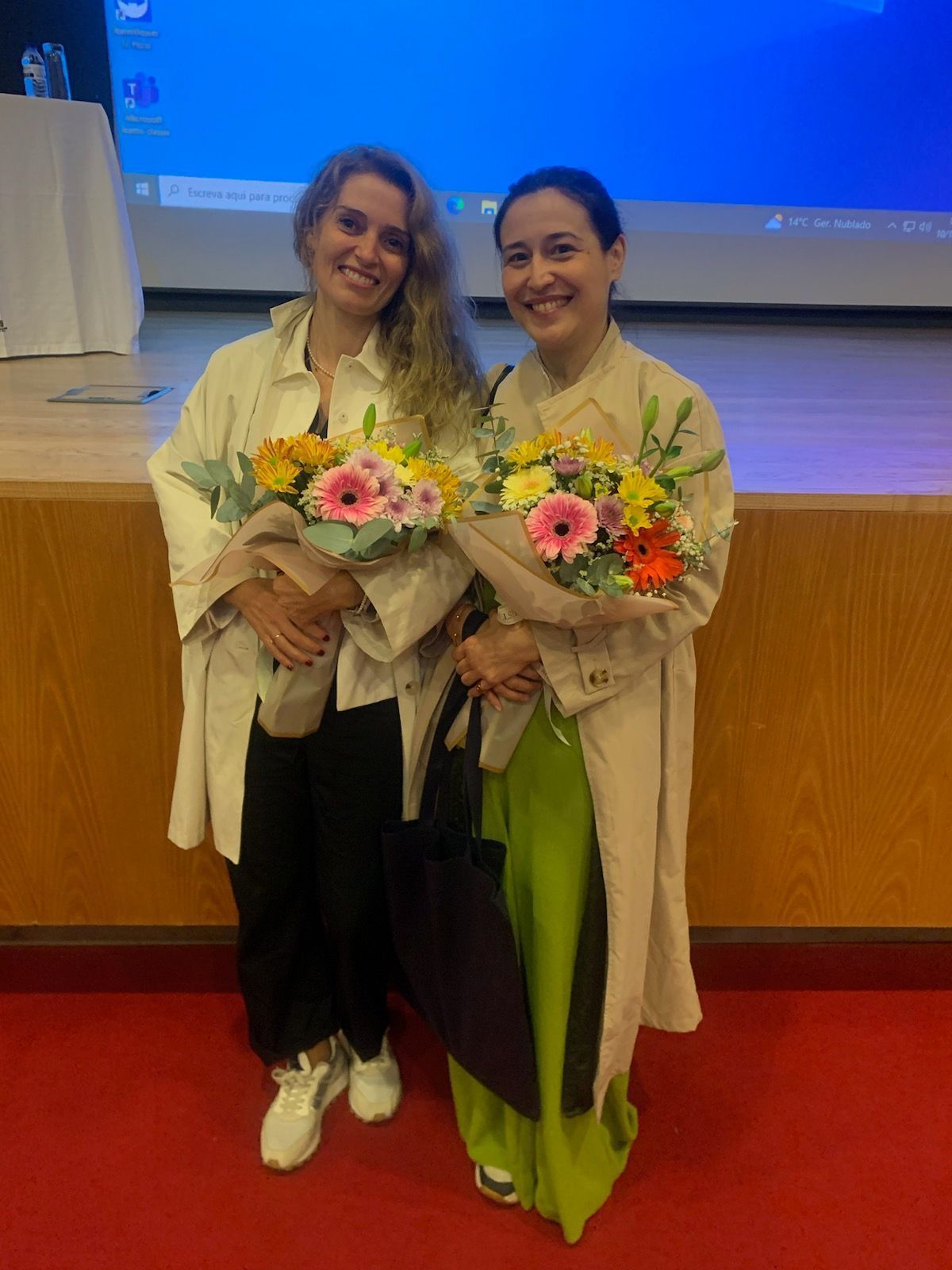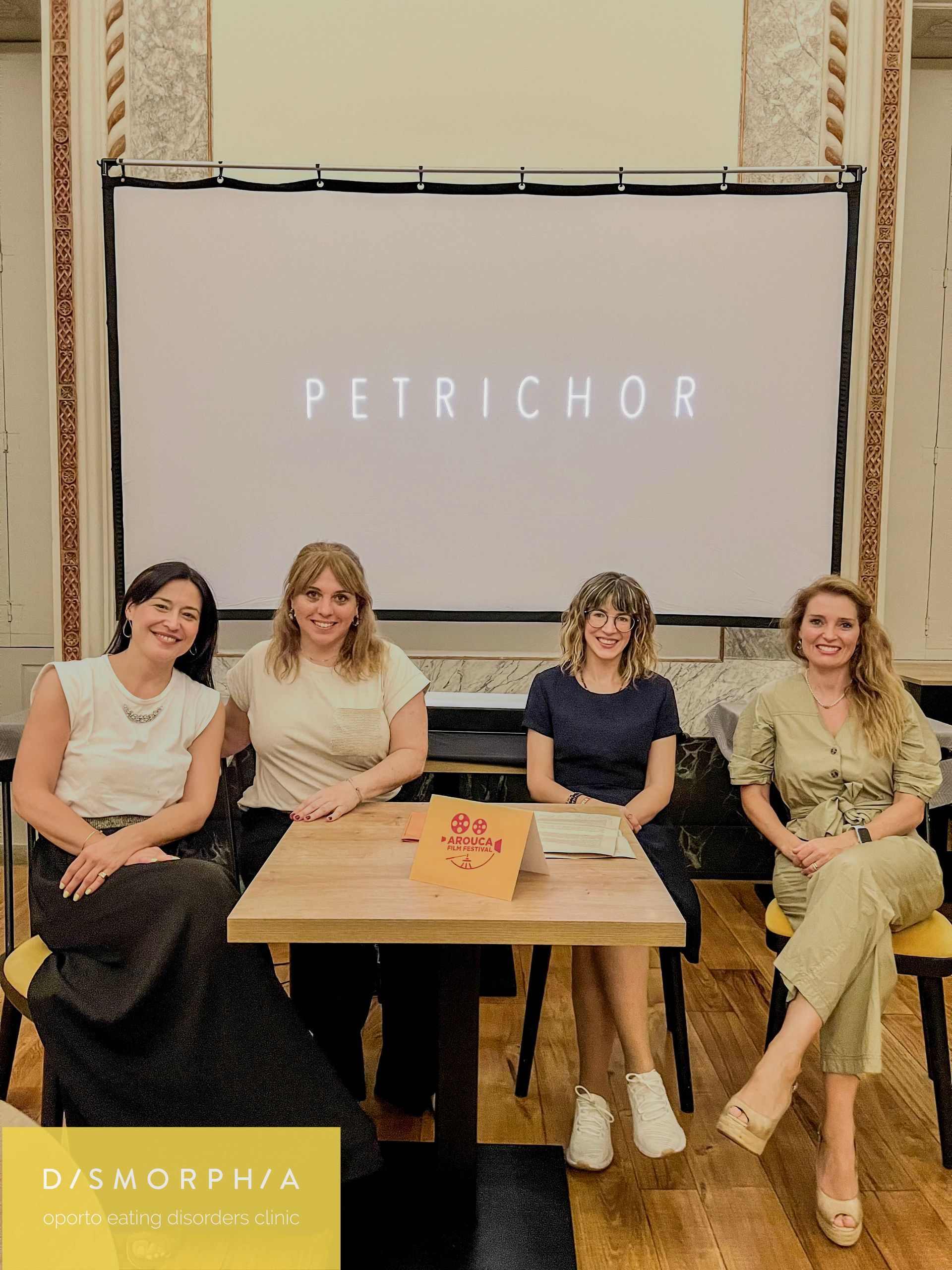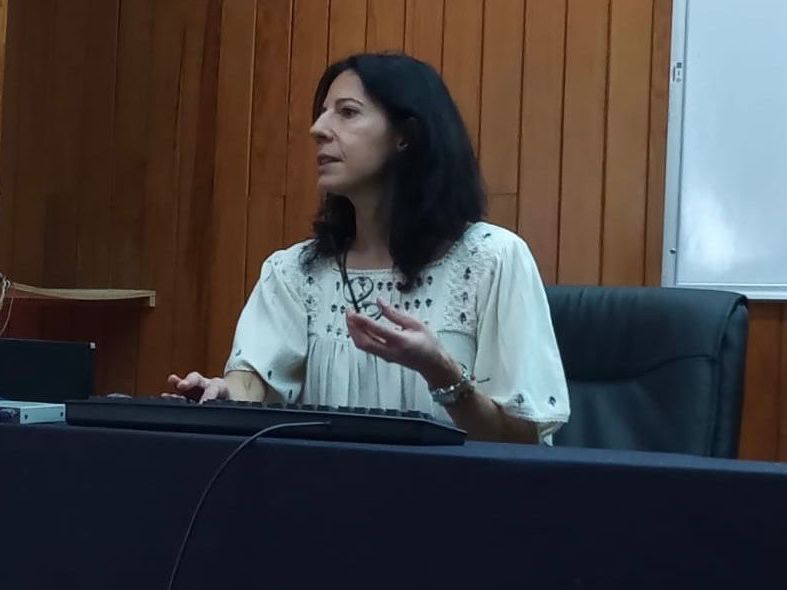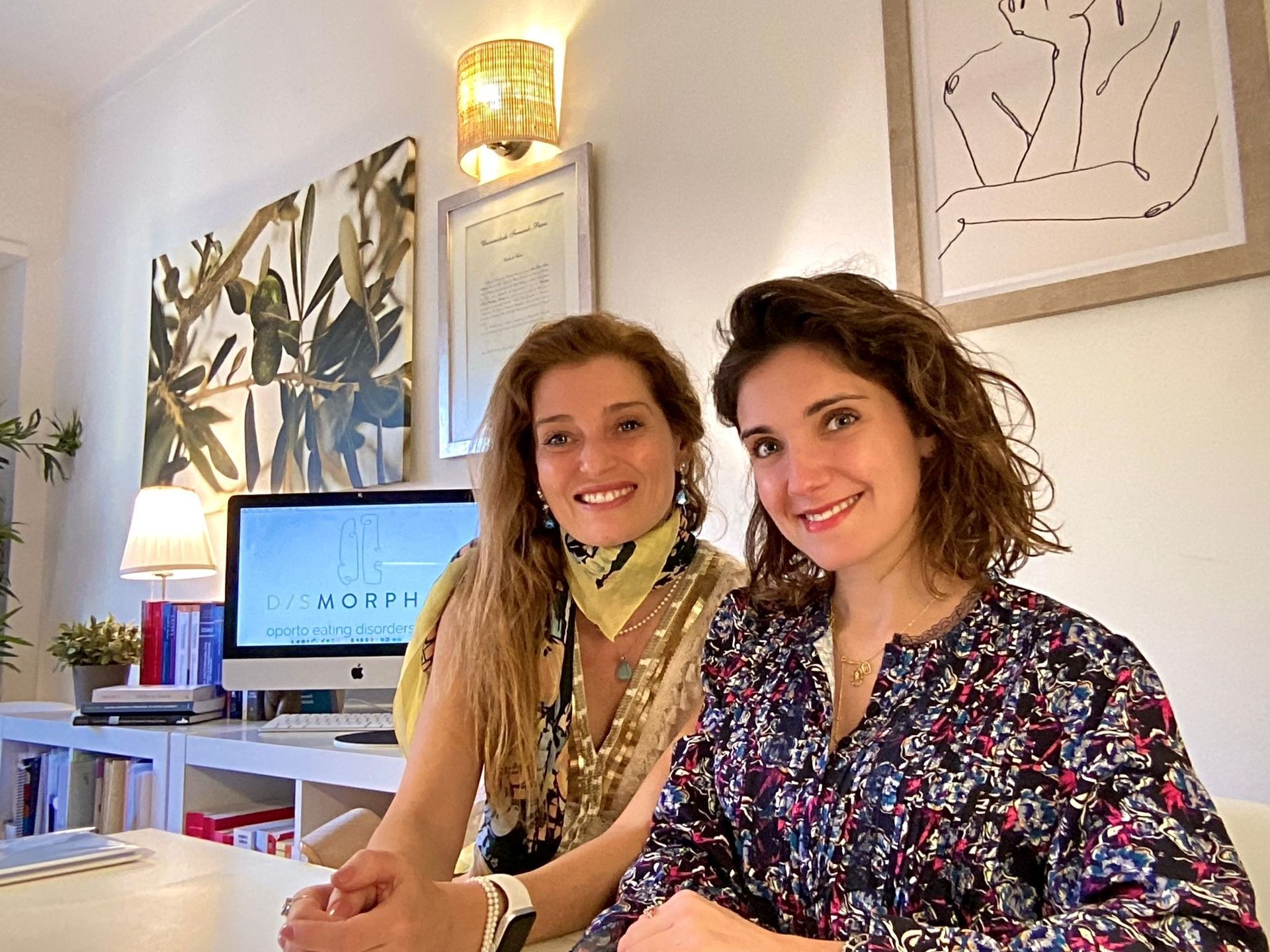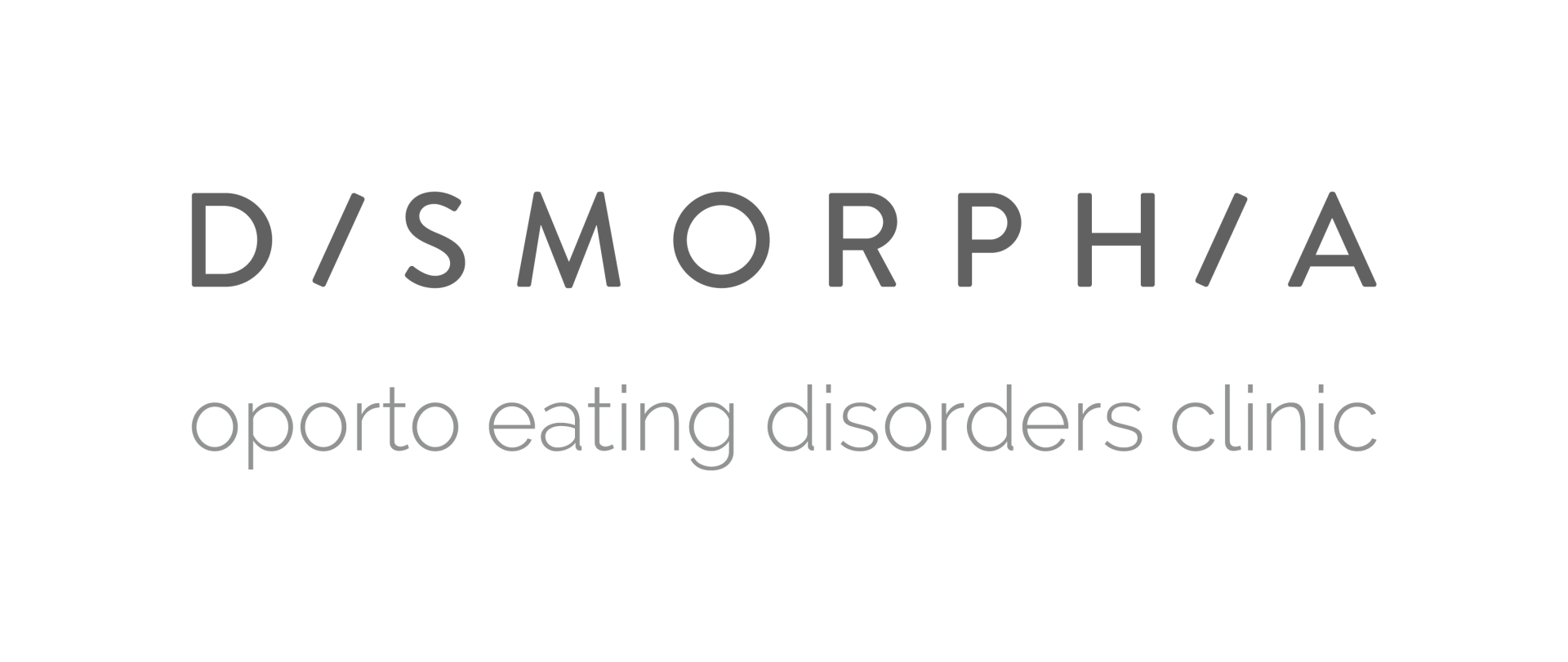Please choose your language, Choose your language, Elija su idioma
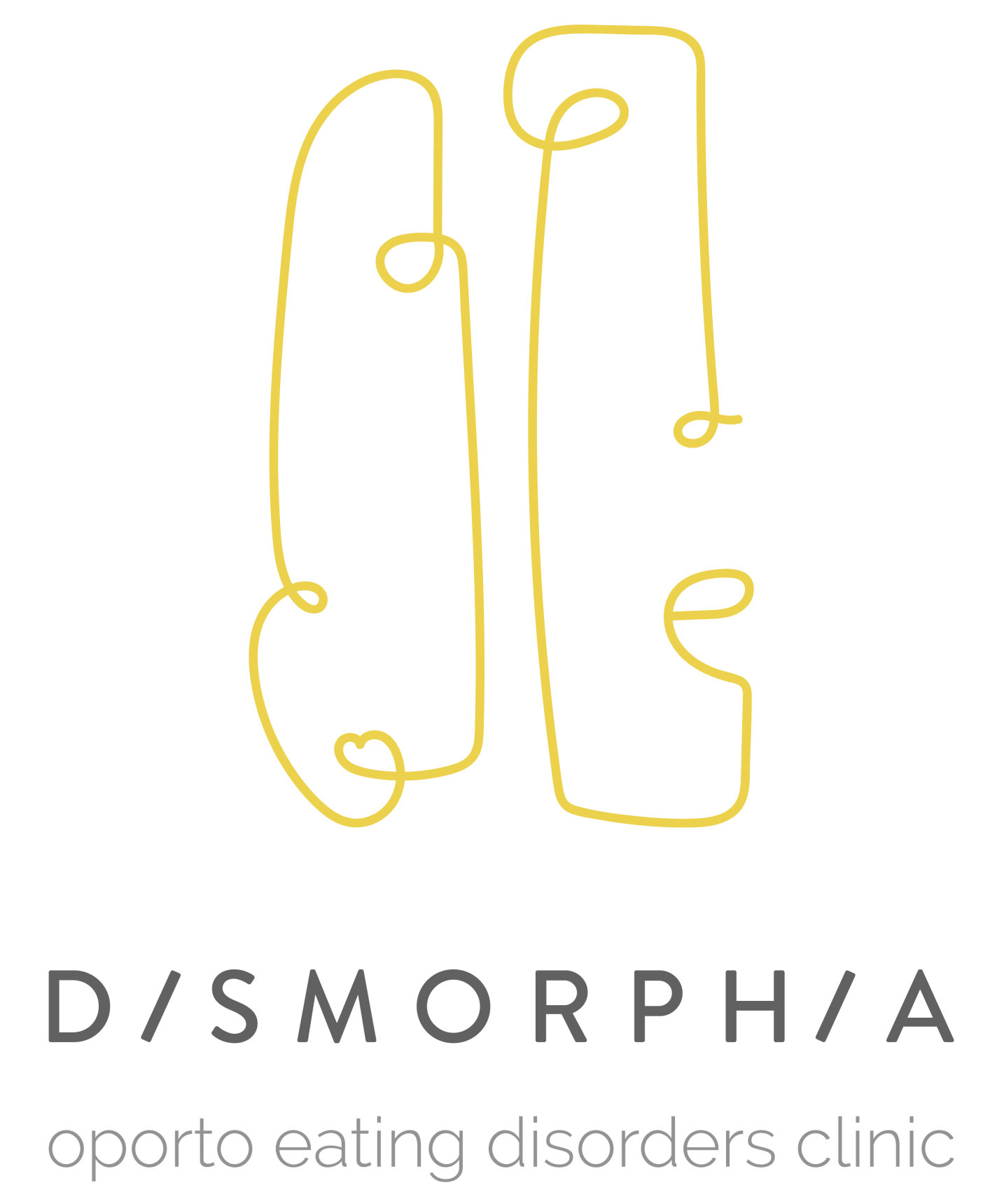
Clinic specialized in Eating Disorders,
Body Image and Obesity
We are a multidisciplinary team specialized in the diagnosis, treatment and prevention of Eating Disorders; Body Image and Obesity, from early childhood to adulthood.
We focus on treating the associated symptoms and the root cause of the problems.
Purpose:
Clinic specialized in the diagnosis, treatment and prevention of Eating Disorders, Body Image and Obesity, in babies, children, adolescents and adults
Vision:
We seek the total recovery of the patient's physical and mental health, through the intervention of a specialized multidisciplinary team.
Values:
Focus on the patient's individuality and their relationship with the surrounding environment,
Equip the patient with skills and strategies for long-term recovery success
Safeguard the patient's physical and mental health
Involving families throughout the recovery process
About us
Our goal
We are a Clinic with a multidisciplinary team specialized in the diagnosis, treatment and prevention of Eating Disorders, Body Image and Obesity, from early childhood to adulthood.
Our commitment
We want to give each patient the means necessary to combat diseases such as Anorexia Nervosa, Bulimia Nervosa and Binge Eating.
Our commitment
At Dysmorphia we can help children, teenagers and adults who suffer from Eating Disorders and Obesity.
Our method
We have several years of experience in the diagnosis, treatment and prevention of eating disorders in children, adolescents and adults.

The numbers you need to know
22%
Of women have an undiagnosed eating disorder
1 in 6
young women have an eating disorder
90%
of the diagnoses belong to young women

Areas of Intervention
Eating Disorders
Obesity
Eating Behavior in Early Childhood

What is an Eating Disorder?
The Portuguese Society of Psychiatry and Mental Health (SPPSM) defines Eating Disorders as:
"Diseases that cause serious disturbances in the way patients evaluate their weight and body image, with a marked impact of this evaluation on their self-concept"
Studies reveal that Eating Disorders are multifactorial, that is, they develop due to a combination of factors of different natures.
Examples of Eating and Body Image Disorders
-
Anorexia Nervosa
Anorexia Nervosa is characterized by severe weight loss caused by the adoption of restrictive and/or compensatory behaviors.
-
Bulimia Nervosa
Bulimia Nervosa is characterized by the ingestion of large amounts of food in a short space of time, followed by compensatory and purgative behaviors.
-
Binge Eating Disorder
Binge Eating Disorder is a disorder characterized by the ingestion of large amounts of food in a short space of time. However, unlike Bulimia Nervosa, there are no compensatory behaviors, such as vomiting.
-
Avoidant/Restrictive Eating Disorder
Avoidant/Restrictive Food Intake Disorder (ARFID) is characterized by the refusal of certain foods, as well as amounts considered normal for a given individual.
-
PICA
PICA is a disorder characterized by the consumption of non-food substances, such as soil, paper, paint or ice.
-
Mericism
The essential feature of mericism is the repeated regurgitation of food after eating or ingestion.
-
Nocturnal Hyperphagia
Night Eating Syndrome or Nocturnal Hyperphagia is an eating pattern where it is briefly described as eating after waking from sleep or as eating excessively after the evening meal.
-
Body Dysmorphic Disorder
Individuals with body dysmorphic disorder are preoccupied with one or more perceived defects or flaws in their physical appearance that they believe to be ugly, unattractive, abnormal, or deformed.
-
Vigorexia
Vigorexia nervosa occurs when there is a psychological illness characterized by constant dissatisfaction with the body, which mainly affects men.
-
Factorexia
Fatoresxia is a disorder that involves a distorted body image, so that the individual perceives themselves as healthy and thin when in reality they are overweight.
-
Pregorexia
Pregorexia is a disorder in which the pregnant woman becomes extremely concerned about gaining weight and begins a routine of strict diet and exercise or eats compulsively and then tries to compensate for this by using laxatives or inducing vomiting.
-
Orthorexia
Orthorexia is defined as an obsession with eating only foods considered "good" and healthy.
What are Early Childhood Eating Disorders?
Eating disorders in early childhood encompass a range of problems that affect the way children relate to food.
These disorders can appear in the first years of life and include behaviors such as refusal to eat, limited acceptance of foods, aversion to certain textures, colors or flavors, fear of choking and episodes of crying and anxiety during meals.
These difficulties can have a negative impact on growth, development and the relationship that the child establishes with food over time (Kerzner et al., 2015).
Other Changes in Eating Behavior
-
Breastfeeding and Introduction to Food
Feeding difficulties can arise during the breastfeeding phase.
-
Food Selectivity
Food selectivity is one of the most common disorders in childhood.
-
Poor Sensory Processing
Inadequate introduction of solid foods during the first months of life can result in eating disorders, such as refusal or aversion to certain types of foods.
-
Dysphagia and Oral Motor Difficulties
Individuals with anorexia nervosa, for example, may experience muscle weakness resulting from prolonged malnutrition, which can affect the muscles involved in chewing and swallowing.
-
Changes in Oral Sensitivity
Eating disorders can alter oral sensitivity, leading to hyper- or hyposensitivity to the touch, texture and taste of food.
-
Food and Motor Reeducation
In collaboration with nutritionists and psychologists, the speech therapist can participate in the process of nutritional re-education, helping patients to re-establish a healthy relationship with food.
Team
The Dismorphia team stands out for its multidisciplinary approach in favor of the individuality of each patient.
Professionals have specific training in the area and are constantly kept informed about topics and updates on eating behavior.
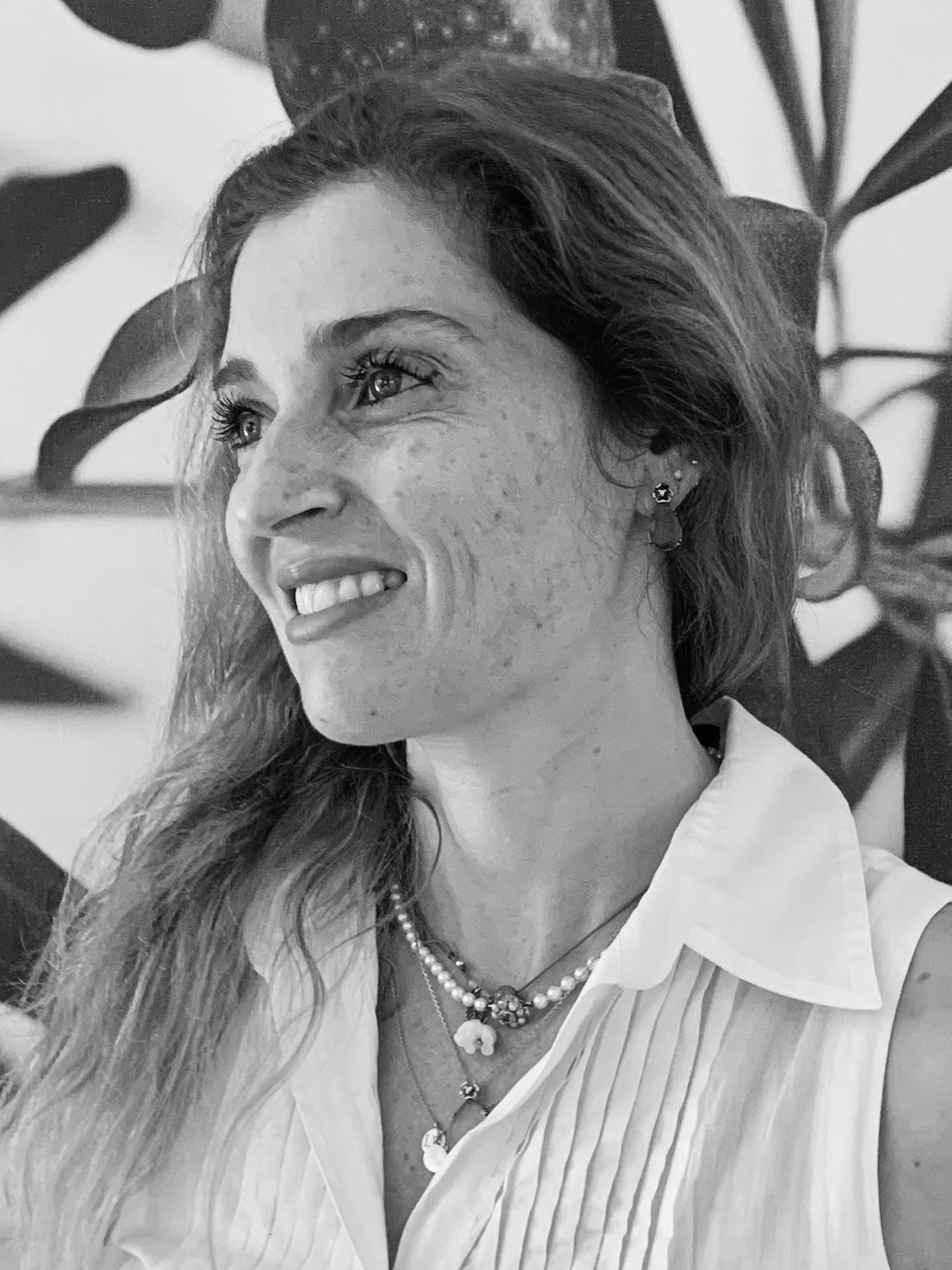
Dr. Ana Aires Martins
Clinical Psychology
Clinical and Health Psychologist
Cognitive, Behavioral and Integrative Psychotherapist
Master in Eating Disorders and Obesity from the Faculty of Medicine of the Complutense University of Madrid
Specialist in Neuropsychology
Terapeuta em EMDR (Eye Movement Desensitization and Reprocessing)
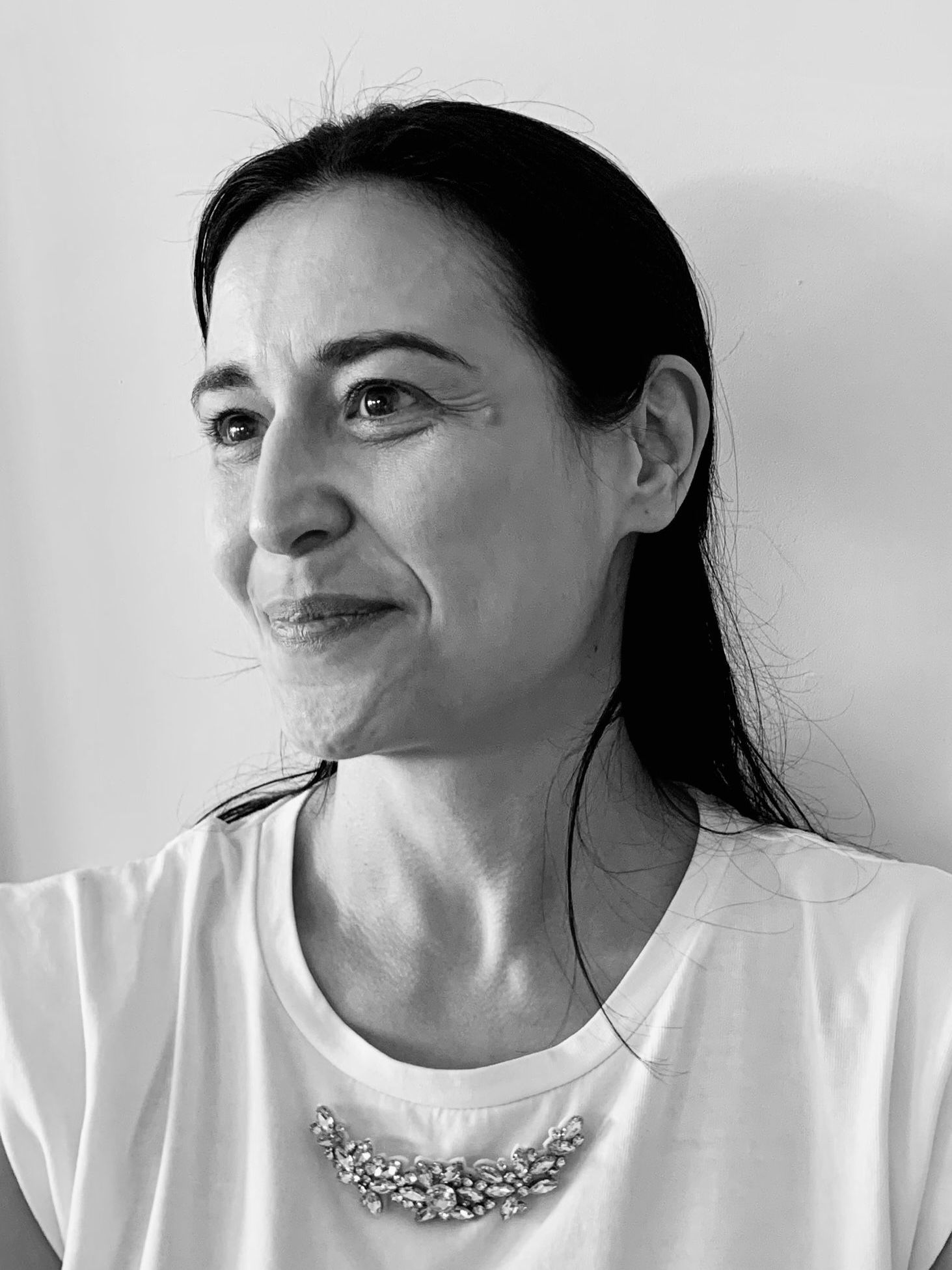
Dr. Filipa Ramalho e Silva
Psychiatry
Psychiatrist
Cognitive, Behavioral and Integrative Psychotherapist
Master in Eating Disorders and Obesity from the Faculty of Medicine of the Complutense University of Madrid
Family Therapy Training
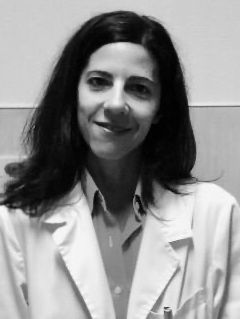
Prof. Doctor Joana Saraiva
Pedopsychiatry
Child psychiatrist
Child and Adolescent Psychiatrist
PhD in Applied Psychology Eating Behavior from the University of Minho
Psychodramatist
Family Therapist
Researcher and Guest Professor at ICBAS (Medicine Course)
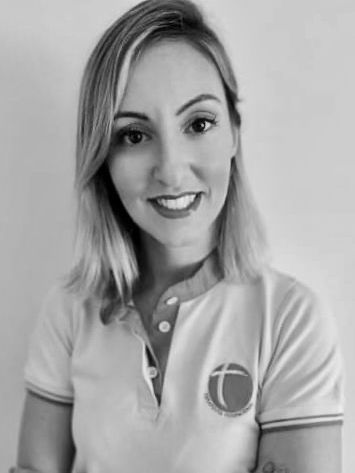
Dr. Cristiana Carvalho
Occupational Therapy
Master in Occupational Therapy
Specialist in Sensory Integration.
Specialist in Food Behavior and Selectivity, from the Child Behavior Institute of Miami
Expert in Sensory Integration for Feeding Difficulties, by Isabelle Beaudry, 7senses
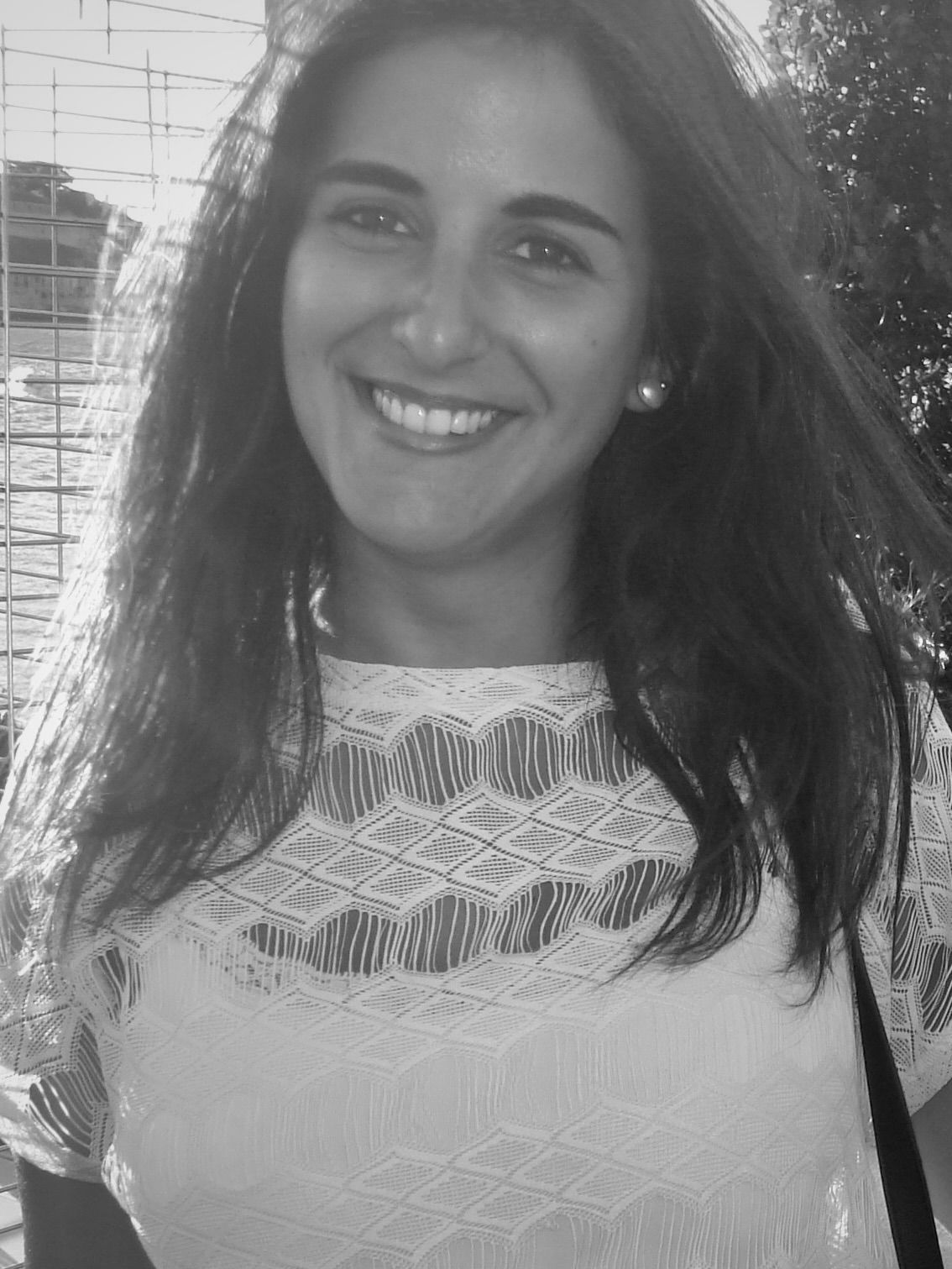
Dr. Teresa Rodriguez
Speech Therapy
Speech Therapist
Master in Special Education
Early Intervention Specialist
Specialist in Orofacial Motricity
Auditory Processing Specialist
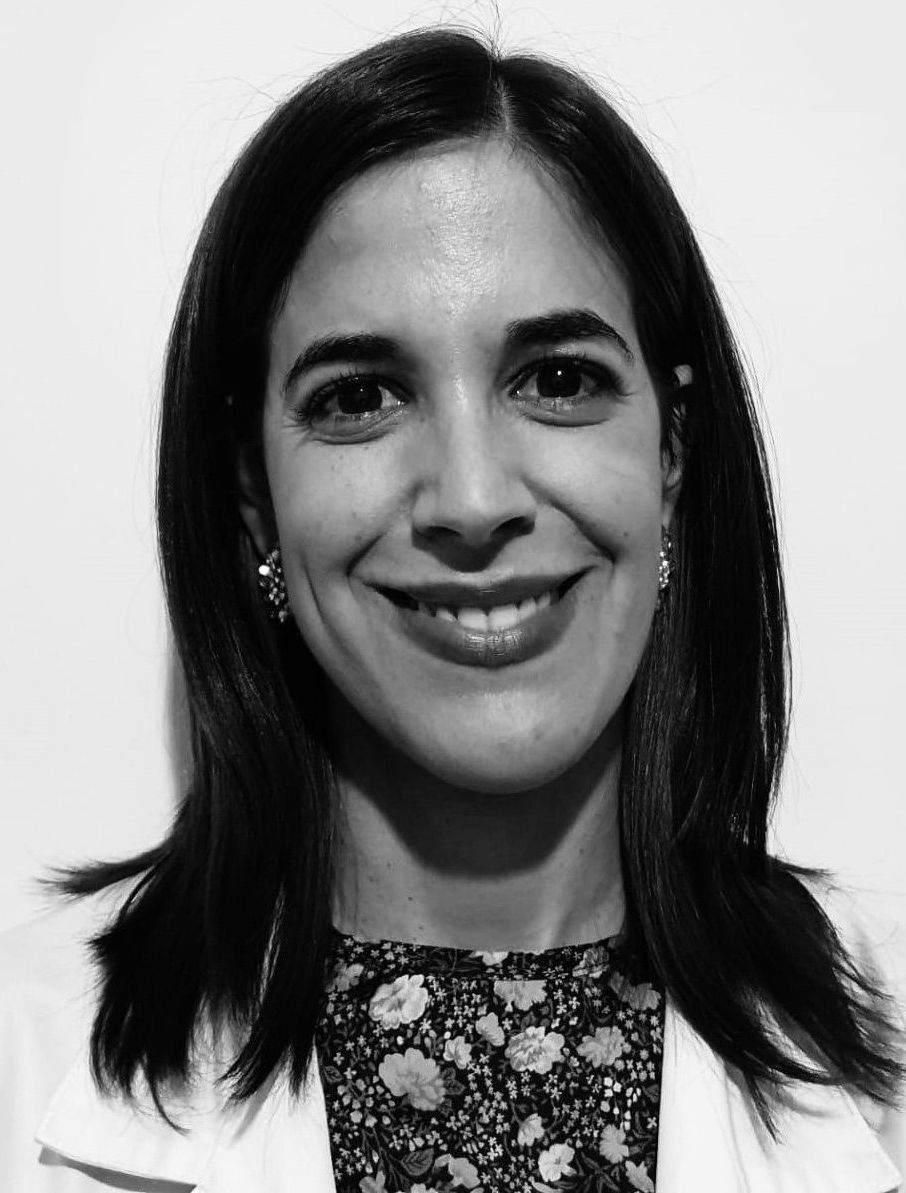
Dr. Joana Lima Ferreira
Endocrinology
Endocrinologist
PhD student in Medical Sciences at ICBAS-UP
Postgraduate degree in Clinical Nutrition at FMUP
University Professor: Guest Assistant at FMUP (Medicine Course)
Training on overweight, obesity and other changes in eating behavior
Endocrinology course trainer
Media
Interviews
The Dysmorphia team seeks to intervene and contribute whenever possible to the public clarification of issues and myths related to Eating Disorders and Obesity, as well as issues linked to body image, addressing the topics in a professional and accessible manner.
Video 1 - Anorexia
Video 2 - Emotional Hunger
Video 3 - PCA and Obesity
Conferences and Lectures
The clinical staff that makes up the Dysmorphia team frequently participates in lectures, conferences and seminars, both in person and online, promoting reflection on various topics related to eating disorders and obesity.
Dismorphia also seeks to establish contacts and partnerships with institutions and entities that share common prevention and information objectives in the area, both for families and users.
Mental Health Day
Mental Health Day
Social media
Follow the latest publications on our social networks:
Instagram / YouTube / Linkedin
Eating disorders affect people of all ages, races and genders.
60 million
of people live with an eating disorder
more than 50%
of the Portuguese suffer from obesity or overweight
42%
of children suffer from obesity or overweight

Frequently Asked Questions
Questions? We're here to help.
-
Do you carry out online consultations?
Yes, we provide assistance and support in person, in various languages and anywhere in the world.
-
How do I know if I have an eating disorder?
It is not always easy to identify an eating disorder.
-
What are the warning signs?
The signs can vary greatly depending on the type of eating disorder, age and characteristics of the patient.
-
What are the main consequences of an eating disorder?
Health may therefore be severely impacted, making it extremely important to
-
Most frequent comorbidities
It is common for anxiety, depression and OCD to develop simultaneously.
-
What to expect from the recovery process?
Like treatment, recovery is different for everyone.
-
Am I sick enough to receive treatment?
If you are wondering if you are sick enough to recover, then chances are you are
-
What does a person with an eating disorder look like?
Eating disorders manifest themselves in all types of bodies.
Testimonials
At the clinic they showed me how a diagnosis of an eating disorder doesn't have to be a sentence, but rather an opportunity for growth and self-knowledge.
Dr. Ana and Dr. Filipa changed my life when I no longer believed there was a light at the end of the tunnel for me.
They never saw me as (another) number in the eating disorder statistics, but as a unique being, with my own individual challenges.
I felt heard and understood from day 1.
I felt the support and empathy from the professionals who never gave up on me, even when I wanted to do so.
Today I know that it's okay to need help and that I am more than a diagnosis.
Today I know that it is possible to recover from Anorexia Nervosa!
Joana G.
With the support and guidance of Dr. Ana and Dr. Filipa, I was able to give concrete names to the "ghosts" that accompanied me.
Eating behavior is accompanied by issues related to mental health, which always go hand in hand.
Specialized and professional support helped me understand that my feelings and thoughts triggered by food have a reason to exist and a concrete response like the one given by these professionals is essential to achieving balance.
Julia R.
I have been followed by Dr. Ana for 10 years.
It has been a fundamental pillar in my personal development, self-knowledge, crisis management and defining the person I aspire to be.
It is an art to have the wisdom to question ourselves, but a much more complex art to guide others in this same process.
I am lucky that our paths have crossed.
Ana C.
I have been followed by Dr. Ana and Dr. Filipa for about four years, and from the very first moment I felt welcomed.
It is thanks to your support and professionalism that today I am a more self-aware, more confident and, above all, empowered person.
They have helped me to know and understand the reason for my problems, they guide me in discovering strategies and how to use them, they help me to see solutions in each situation.
It's been a beautiful journey!
Isabel C.

contact us
We carry out consultations in person or online and in several languages.
For more information or clarification, please contact us.





